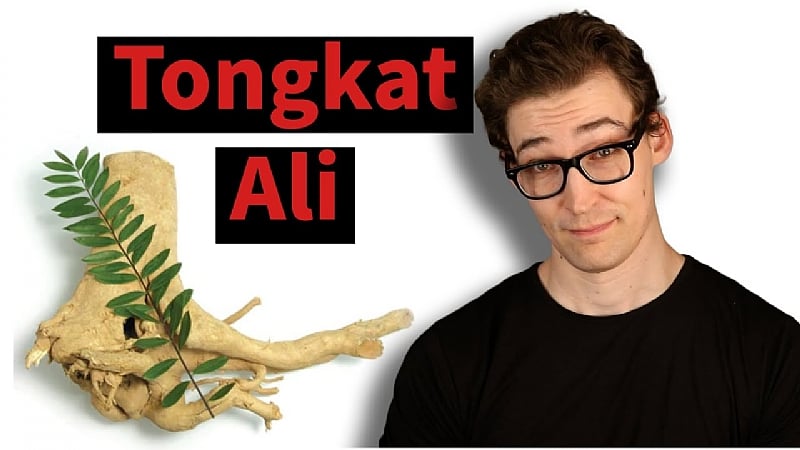Tongkat ali, also known as longjack, is a traditional herbal remedy derived from the roots of the Eurycoma longifolia shrub, native to Southeast Asia. For centuries, it has been used in countries like Malaysia, Indonesia, and Vietnam to treat various ailments, including malaria, infections, fevers, male infertility, and erectile dysfunction. The plant contains bioactive compounds such as flavonoids and alkaloids, which possess antioxidant properties. While tongkat ali has shown promise in several areas, including male fertility, stress reduction, and body composition improvement, concerns regarding its safety have been raised, particularly by the European Food Safety Authority (EFSA).
Research suggests that tongkat ali may positively influence male reproductive health. Studies have demonstrated its potential to increase testosterone levels in men with low testosterone, improve erectile function, and enhance sperm motility and concentration. For instance, a study involving older men with low testosterone found that tongkat ali supplementation significantly increased their hormone levels to normal ranges. Another study focusing on male partners of infertile couples observed improvements in sperm concentration and motility after tongkat ali treatment, with a notable percentage of couples achieving pregnancy. These findings indicate that tongkat ali may be a valuable natural remedy for addressing male infertility.
Beyond reproductive health, tongkat ali has also been investigated for its stress-relieving properties. Animal studies have compared its effects to those of common anti-anxiety medications, showing promising results in reducing anxiety symptoms. In human studies, tongkat ali supplementation has been associated with decreased cortisol levels, the primary stress hormone. Participants also reported reductions in stress, anger, and tension following tongkat ali intake. These findings suggest that tongkat ali may offer a natural approach to managing stress and improving overall well-being.
Furthermore, tongkat ali has garnered attention for its potential to enhance body composition and athletic performance. Its bioactive compounds, including quassinoids, are believed to improve energy utilization, reduce fatigue, and boost endurance. Some research suggests that tongkat ali may act as an ergogenic aid, a substance that enhances physical performance. However, results in this area have been conflicting, with some studies showing no significant effects on performance or strength. Further research is needed to clarify tongkat ali’s role in athletic performance enhancement.
Despite its potential benefits, safety concerns surrounding tongkat ali have emerged. The EFSA has warned against its use due to the potential for DNA damage at high doses. Animal studies have indicated that excessively high doses of tongkat ali can cause DNA damage in the stomach and duodenum. While human studies have not reported significant side effects at lower doses, the EFSA’s warning underscores the importance of cautious consumption and further research to establish safe dosage guidelines.
Current research suggests that tongkat ali may be safe for consumption in doses of 200-400 mg per day for most healthy adults. However, high doses have been linked to potential DNA damage, warranting caution. Furthermore, the safety of tongkat ali for pregnant or breastfeeding women and children has not been established, and its use in these populations should be avoided. Some tongkat ali supplements may also contain mercury, which can lead to mercury poisoning if consumed in excessive amounts. Therefore, it’s crucial to choose reputable brands and consult with a healthcare professional before using tongkat ali, particularly if you have any underlying health conditions or are taking other medications. Additionally, further research is needed to fully understand the long-term effects of tongkat ali supplementation and to determine optimal dosages for various health benefits. While tongkat ali shows promise as a natural remedy for various conditions, its use should be approached with caution and under the guidance of a healthcare professional.














